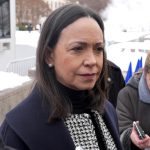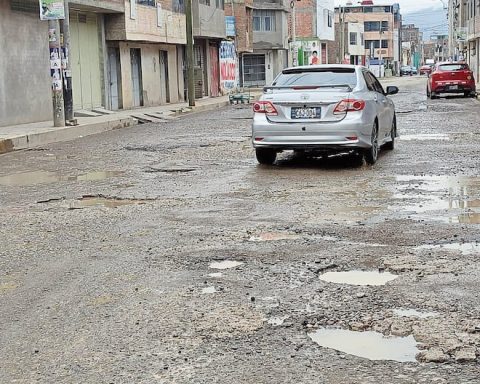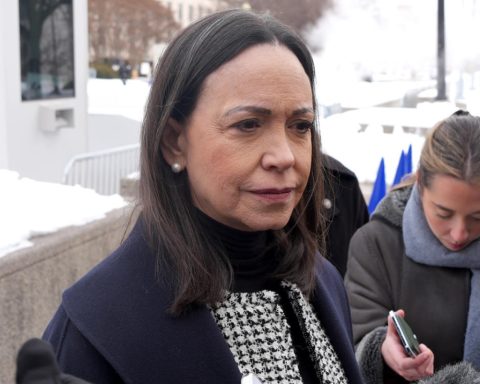The president of Panama, Laurentino Cortizo, partially vetoed a bill approved by the National Assembly to regulate the optional use of cryptocurrencies, an initiative that must now be discussed again in Parliament.
“The President (Cortizo) has just partially vetoed the Crypto Law project,” independent deputy Gabriel Silva said on his Twitter account, although he did not detail what aspects of the law the Executive Branch opposed.
We are studying the veto to make the corrections, but we must keep the law competitive
The discussion must now go to the Government Commission (to see what is unconstitutional) and to the Trade Commission (what is inconvenient)
Then 2nd and 3rd debate. Only what is vetoed is discussed.
– Gabriel Silva (@gabrielsilva8_7) June 16, 2022
In May, during his participation in an economic forum in Panama City, the president announced that he would veto the law. “I have to be very careful if the law has clauses related to money laundering activities. Anti-money laundering activities are very important to us,” he explained on that occasion.
Panama struggles to remove the stigma of “tax haven”, with constant requests from the Foreign Ministry for the European Union to remove this Central American nation from its list of “non-cooperative countries for tax purposes”.
In addition, the Financial Action Task Force (FATF), an intergovernmental entity based in France that develops policies to prevent money laundering, keeps Panama on its “grey list” on money laundering and financing of terrorism.
The veto of the rule occurs at a time when several cryptocurrencies have suffered heavy losses. However, according to legislator Silva, the presidential veto is “a lost opportunity” to generate jobs, attract investment and incorporate technology and innovation in the public sector.
“The country deserves more opportunities and also financial inclusion,” added Silva, who announced that they will make the necessary “corrections.”
In April, the National Assembly approved a bill that regulated the optional use of cryptocurrencies, even allowing the payment of taxes in the country with these assets, in addition to civil or commercial operations.
In September 2021, El Salvador became the first country in the world to authorize the use of bitcoin as legal tender and ordered its acceptance in all businesses.
In 2016, Panama was the epicenter of the scandal known as the “Panama Papers”, a journalistic investigation that revealed how personalities from around the world hid money through a Panamanian law firm.











